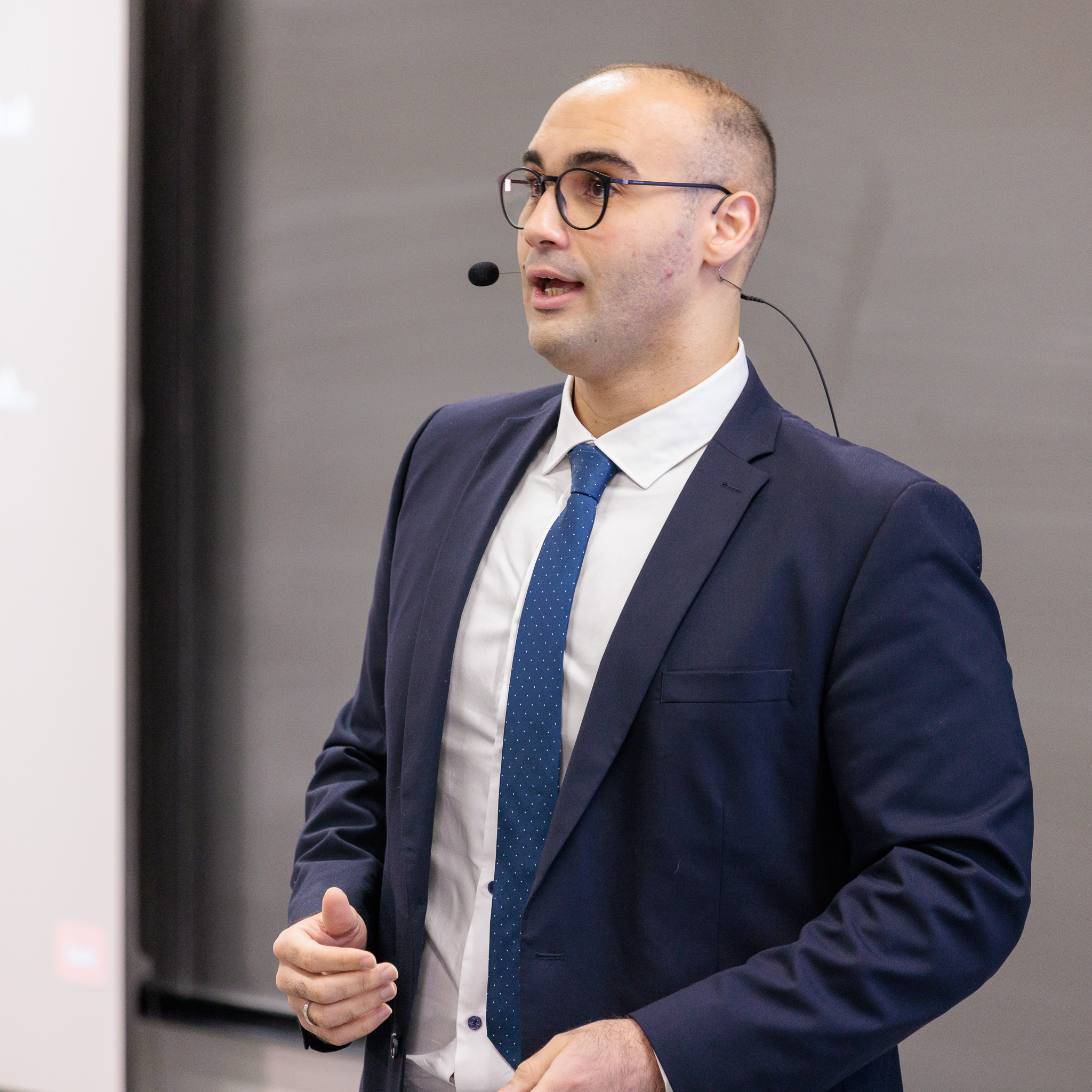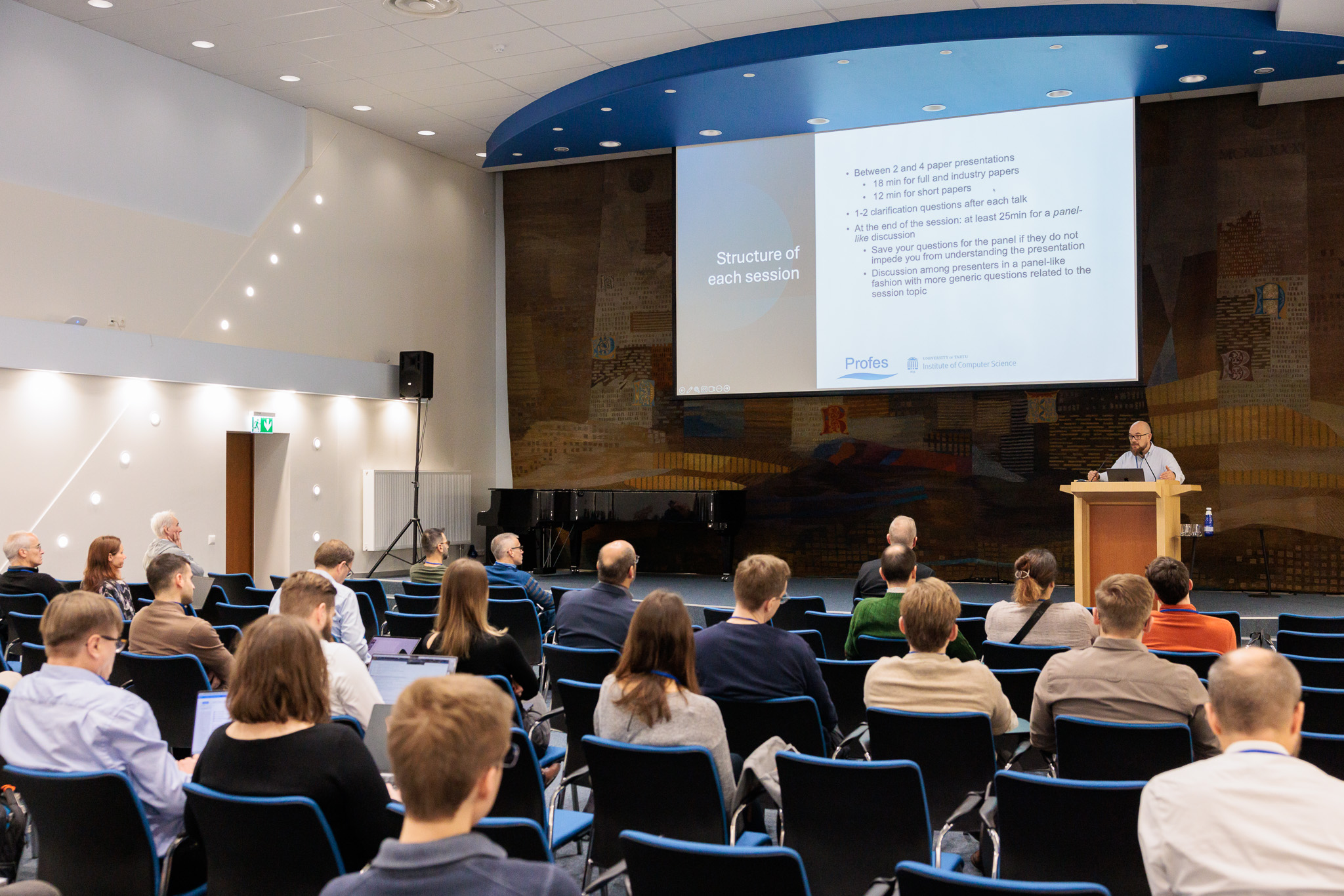Alexander Nolte, Lecturer of Information Systems at the University of Tartu, and his colleagues from the US studied hackathons organised by companies to their employees. The goal was to identify which factors can lead to projects being continued after the hackathon is over and which benefits participating in a hackathon can have on individual careers.

A lot of corporations are now organizing internal hackathons but do not know how to integrate them with their other activities (e.g. product innovation) nor how to organize them to reach specific outcomes. While organizing company hackathons is widespread, the existing research on potential outcomes of hackathons has received limited attention.
One of the questions Nolte and his US colleagues seek to answer is how to create projects during a hackathon that can create traction with management afterwards so that those projects get continued. They came up with three main conclusions the companies can take into account:
- Teams need to be prepared when coming to the hackathon. They should have met before, developed the idea towards a plan and started working on it before the hackathon starts.
- Teams need to be aware of where their project might fit into existing products of the company. They then need to get in contact with such potential landing spots for the project / idea. They should talk to people before the hackathon to publicize their idea and get feedback and they should distribute it to all available channels afterwards.
- During the hackathon teams need to focus on the tasks at hand. Each team member should work on something they are good at rather than learning something new if they want to successfully create a project that has a chance to get continued.
They also found that participation in the hackathon helped employees to showcase their project management and leadership skills which led to promotions down the line. Finally, they found that the hackathon helped participants to expand their network within the company which is critical for companies of the size of Microsoft where people often do not get to know each other.
The research was conducted by (UT and Carnegie Mellon University), Ei Pa Pa Pe-Than (Carnegie Mellon University), Anna Filippova (GitHub Inc.), Christian Bird (Microsoft Research), Steve Scallen (Microsoft Garage), James D. Herbsleb (Carnegie Mellon University).
Please find the full article and other research items of the hackathon project on Researchgate: https://www.researchgate.net/project/Sustainability-of-Hackathon-Outcomes

